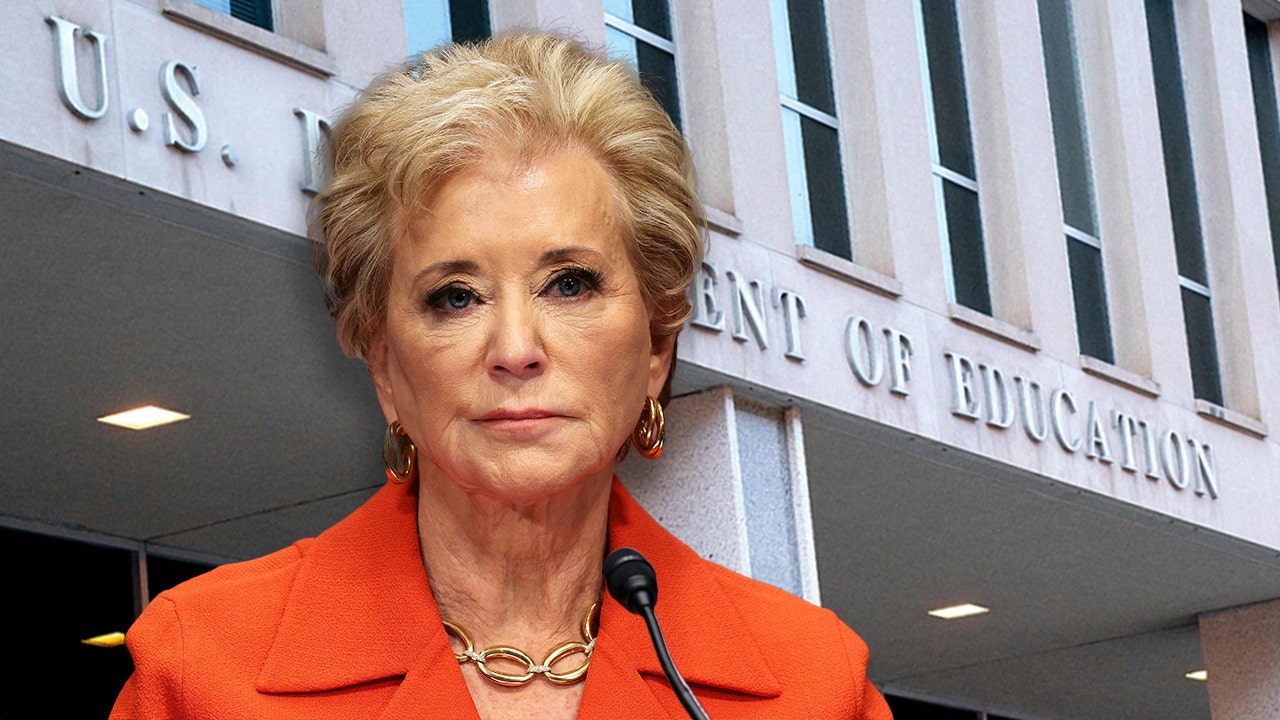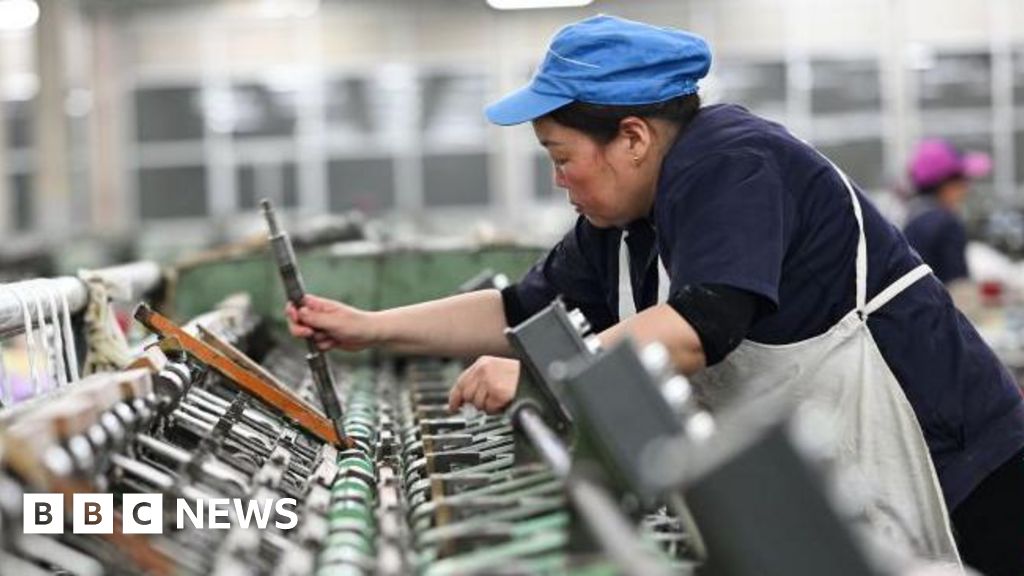The events of April 25, 1974 have left an indelible mark on the history of Portugal and Europe. That evening, a group of 200 left-leaning young Portuguese military captains walked out of their barracks and occupied strategic locations. Tired of the ravages of the dictatorship and colonisation, they won the active support of the people. The uprising was nicknamed the Carnation Revolution after the flowers that protesters placed in the soldiers’ guns and tanks, in a rare example of a military coup being staged to install democracy. The dictatorship collapsed in a single day. But 50 years on, Portugal’s old demons are surfacing. Chega, a populist xenophobic party, quadrupled its number of MPs in March’s elections. In less than five years, it has become the country’s third-largest political force. FRANCE 24’s Céline Schmitt and Clara Le Nagard report, with Sarah Morris.
Source link
This website uses cookies so that we can provide you with the best user experience possible. Cookie information is stored in your browser and performs functions such as recognising you when you return to our website and helping our team to understand which sections of the website you find most interesting and useful.




















Discussion about this post